Last week, the Bureau of Land Management (BLM) released its final rule postponing or suspending the effective date for many provisions included in the 2016 methane waste rule.
The release of the final rule – Waste Prevention, Production Subject to Royalties, and Resource Conservation; Delay and Suspension of Certain Requirements – is the latest in a rollercoaster ride of Administration and Congressional actions on the rules governing venting and flaring of natural gas from oil and gas production on federal lands.
TCS discovered that between 2006 and 2015, 90 percent of natural gas vented, flared, or leaked on federal land during oil and gas production did not incur a royalty fee.
The total amount of gas lost in that period had a value of more than $900 million.
In November 2016, the BLM finalized the methane waste rule in an attempt to replace outdated guidance on oil and natural gas production from 1979. While imperfect, it would have tightened reporting requirements for vented and flared methane, collected more in royalty payments to taxpayers for the lost gas, and reduced overall waste.
After taking effect in January 2017, Congress put the new rule in jeopardy of being repealed through an obscure legislative tool, the Congressional Review Act (CRA). The Senate, however, rejected the rule’s repeal by voting down the CRA resolution in May 2017.
Only a month later, in June, the BLM acting under the leadership of the new administration indefinitely postponed the 2016 methane rule. On October 4, 2017, a district court vacated BLM’s indefinite postponement, concluding that the BLM violated the Administrative Procedures Act by not allowing a public comment period. The next day, on October 5, 2017, the BLM issued a proposed rulemaking, which included a public comment period, delaying implementation of key provisions of the rule until January 17, 2019.
Last week, the BLM released the final version of that rule. Many of the 2016 methane rule provisions were originally set to take effect in January 2018, giving industry time to make the necessary preparations and capital investments.
The BLM’s new rule postpones those provisions and suspends others already in effect until January 17, 2019. It will mean another year where taxpayers lose out on significant royalties from natural gas waste. Between now and the January 2019 deadline, the BLM intends to make substantial changes to the 2016 methane rule, curtailing its ability to reduce wasteful production practices on federal lands.
The 2016 methane waste rule addressed some of the central reasons for past venting and flaring of natural gas, for which industry has seldom paid royalties.
TCS discovered that between 2006 and 2015, 90 percent of natural gas vented, flared, or leaked on federal land during oil and gas production did not incur a royalty fee. The total amount of gas lost in that period had a value of more than $900 million.
Some of the common sense provisions contained in the 2016 methane waste rule that are postponed by the BLM’s recent actions include requirements for producers to:
- Provide plans to minimize waste during production;
- Hit methane capture target rates that increase by year until 2027;
- Measure and report all volumes of gas vented and flared from wells – something producers have not been required to do to date
- Follow new guidelines for disposal of gas that reaches the surface during drilling, well-completion, post-completion, and fluid-recovery operations after a well has been hydraulically fractured or re-fractured. The provision had taken effect on January 17, 2017, but is now suspended until January 17, 2019.
- Replace high-bleed pneumatic controllers – a main source of leakages during natural gas extraction
The above provisions are the culmination of a rulemaking process that took years. The BLM consulted with public and industry stakeholders in order to develop a well-balanced rule to reduce waste, clarify policies, and increase federal royalty revenues. By postponing these provisions, the BLM is allowing industry to continue wasteful practices that are within its power to prevent. Taxpayers cannot afford to squander the natural resources we all own.


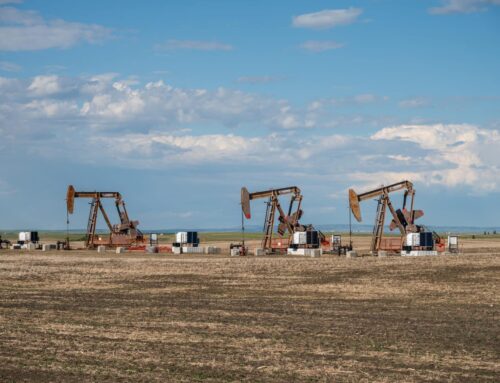
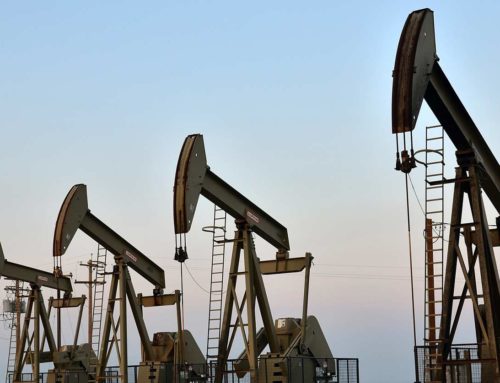
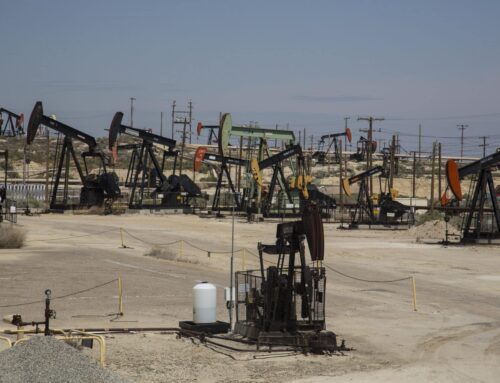
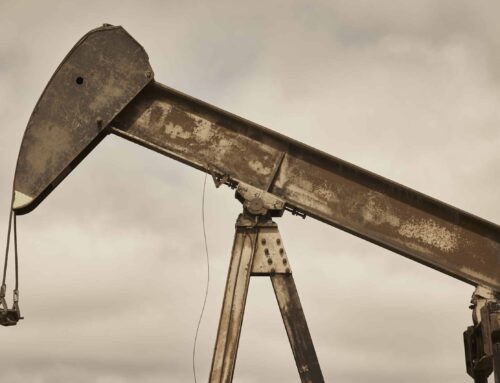
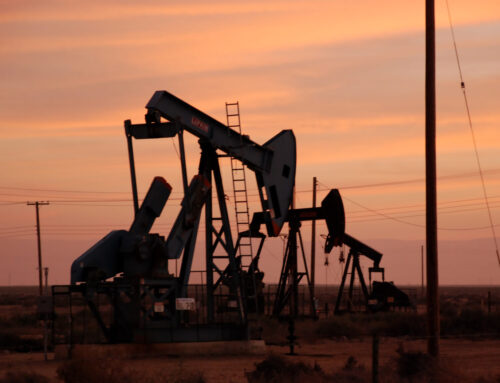


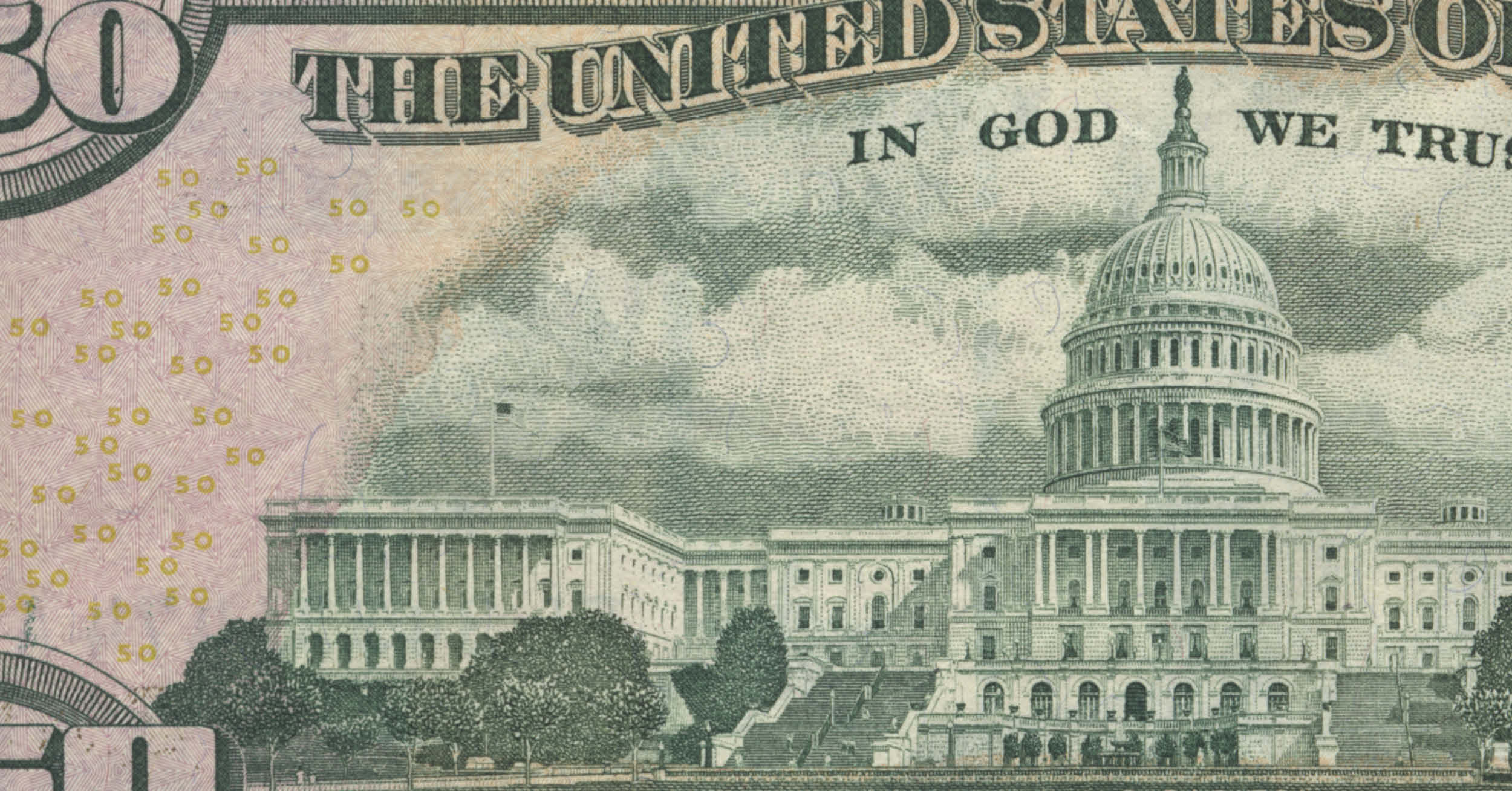
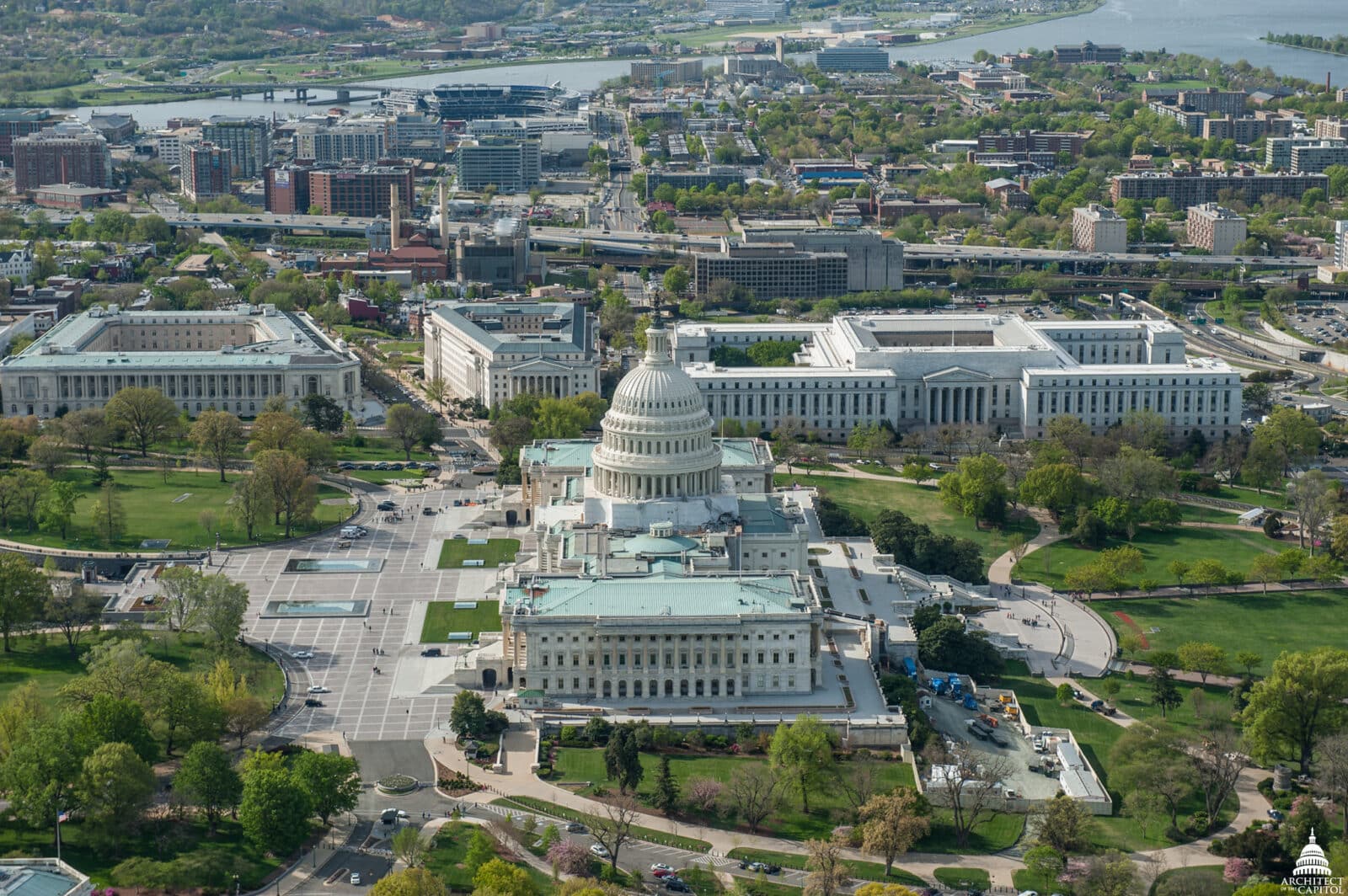
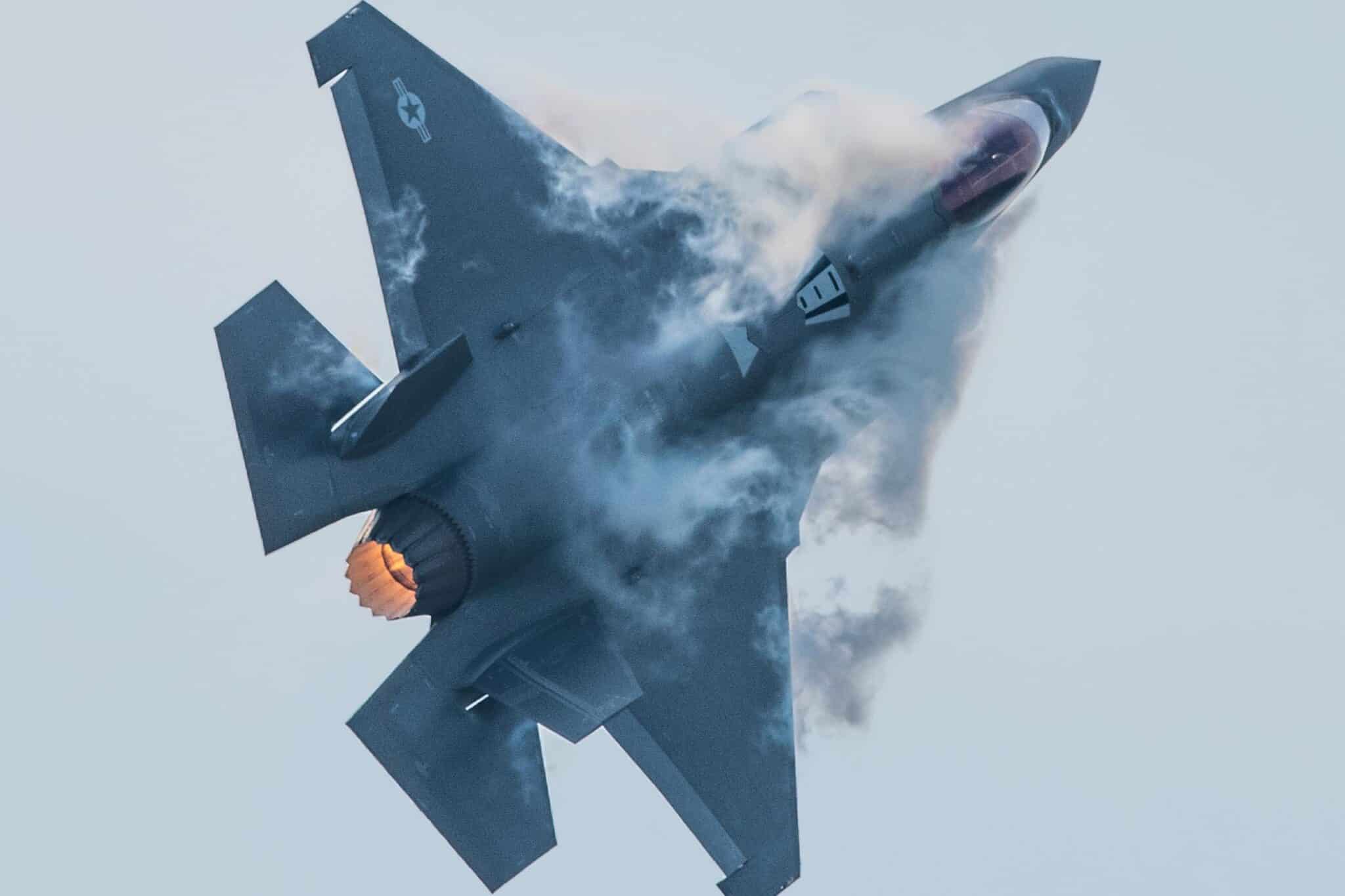

Get Social